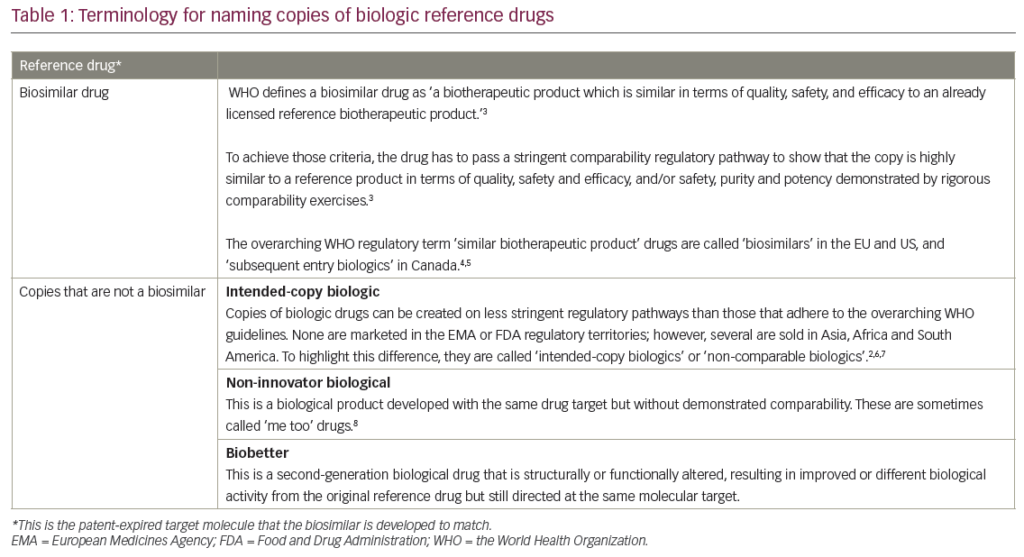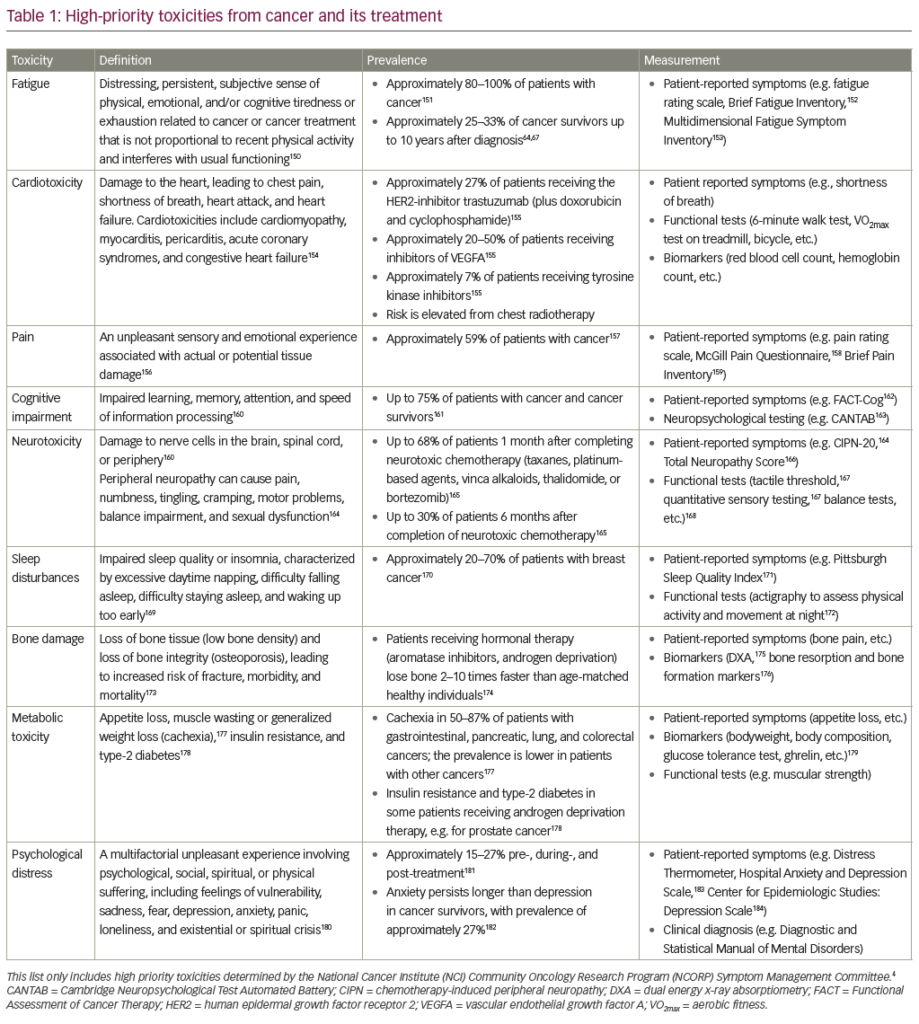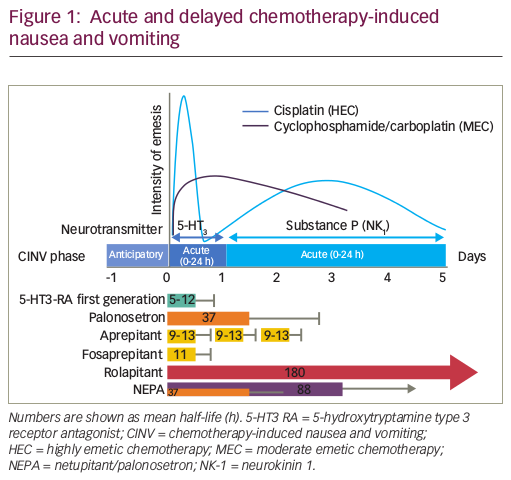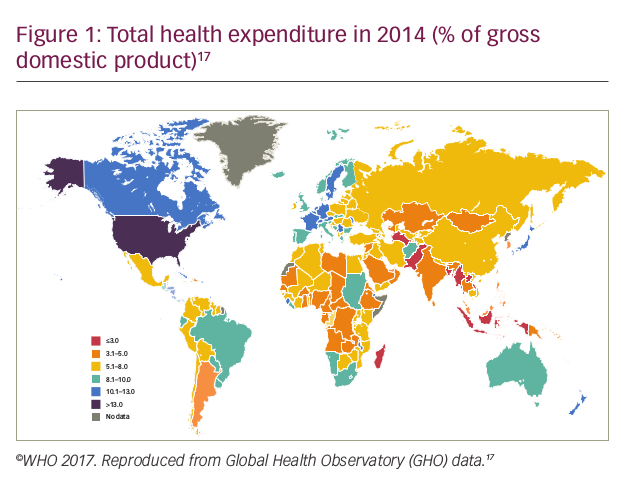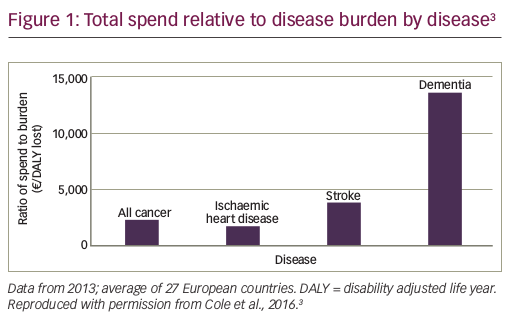The present trend in surgical subspecialisation is mainly organ-based, treating malignant, benign and functional conditions of the involved organ. During the last decades, general surgery has been divided up in several subspecialities such as gastrointestinal surgery, hepatopancreaticobiliary surgery, coloproctology and endocrine surgery. Organbased cancer surgery lacks a thorough knowledge of cancer disease and the risk is that this leads to suboptimal treatment. To stimulate and influence young surgeons to train in surgical oncology, ESSO has appointed an Educational and Training Committee (ETC). This article will focus on the activities of the ETC.
What Is Surgical Oncology?
Surgical oncology has been defined by ESSO as the part of surgery that covers the treatment of solid tumours of the oro-oeosophagogastrointestinal tract, of parenchymal and endocrine organs and of skin, mesenchymal, neurogenic, bone and soft tissues. Surgical oncology also includes prevention, genetic counselling, specific diagnostic and staging procedures, rehabilitation and follow-up care. Surgical oncology is focused on multimodality therapy.
Surgical Oncology Training
The number of patients diagnosed with cancer increases each year in Europe, and the role of surgeons in diagnosing and treating these patients is central. The subspecialisation within general surgery has important consequences for the training and qualification of surgical oncology specialists. Not only individuals exclusively working with surgical oncology in a cancer centre will benefit from a surgical oncology qualification, but also surgeons who go through a training programme in general surgery, if they spend a certain period in a multidisciplinary cancer setting, including some time in medical oncology and radiation therapy. Surgical Oncology Examination
An international qualification in surgical oncology exists. The surgical section of the Union Européenne des Medecins Specialistes (UEMS), the European Board of Surgery, has recognised different surgical subspecialities, among them surgical oncology. Examinations and assessments for qualification have been developed at the European Board of Surgery Qualification (EBSQ). The examination takes place at the annual ESSO conference.
Current Challenges
Within the EU, there is an objective of opening up the borders of higher education and labour, but so far national requirements prevent much of this. One reason is the lack of adequate language skills. Another barrier is the variable level of work qualifications, which is also true for surgical oncology. The integration is not made easier by the fact that most European countries do not recognise surgical oncology as a surgical subspeciality. The UEMS-EBSQ examination is not recognised throughout Europe. As a consequence, there are few countries with specified requirements for what is needed for a surgeon to be qualified in surgical oncology. As surgical oncology has a multidisciplinary approach to cancer care, the requirements set by surgical oncologists do not always equal those set by an organ-based society or by national surgery societies.
For an adequate education in surgical oncology, a surgeon must work in a multidisciplinary environment where interactivity between surgeons, medical oncologists, radiotherapists, radiologists, pathologists and basic scientists are present. State-of-the-art cancer care also includes the use of modern, advanced and expensive equipment. Taken together, there are difficulties for many surgeons in receiving an appropriate education in surgical oncology without attending other hospitals. From a teaching provider s view, there are many cancer centres and surgical departments within Europe that provide good cancer care, but there is not an existing system for validation and accreditation of their teaching capability.ote these activities.
Core Curriculum for Specialist Training in Surgical Oncology within Europe
The need for a common core curriculum in surgical oncology in Europe is obvious. ESSO therefore established a core curriculum last year. It can be found at the ESSO website (http://www.essosurgeonline.be/EURSSO/ESSOcorecur.html). A core curriculum provides criteria for the individual who wants to become a specialist in surgical oncology as well as for the teaching unit. Many surgeons with surgical oncology as a subspeciality most likely already fulfil the requirements in a common core curriculum. It is not these surgeons who need a core curriculum, but it would make it easier for young surgeons to plan their post-graduate education, where to work and where to make shorter or longer visits. Second, a core curriculum facilitates the work of ESSO and national societies in getting recognition of surgical oncology as a formal surgical subspeciality in European countries. Third, cancer centres and surgical departments will get a clearer picture of the educational efforts needed to become a recognised centre for cancer care. The centre also has the possibility of obtaining accreditation of their education and cancer care. Other cancer organisations with a core curriculum for their specialist training are: in the US, the Society of Surgical Oncology (http://www.surgonc.org/uploadedfiles/requirements); and in Europe, the European Society for Therapeutic Radiology and Oncology (ESTRO).2 The European Society for Medical Oncology (ESMO) and the American Society of Clinical Oncology (ASCO) have joined forces and published a global curriculum.3 European Society of Surgical Oncology Fellowships and Courses
Fellowships will be awarded for several purposes with the common aim that the surgeon should develop clinical and research experience in surgical oncology. The travel fellowships are open to applicants from countries in which ESSO has members and fellowships should preferably be used to visit European centres. The Fellow has the choice to visit any department or cancer centre. Research in evidence-based surgery is promoted by a quality assurance (QA) fellowship. The first fellowship was awarded to Dr M den Dulk from Leiden, The Netherlands, who successfully analysed surgical parameters in several European surgical trials.4 The educational courses jointly arranged by ESSO and other cancer societies will be sponsored by fellowships awarded to some applicants. One of these courses is the annual Joint Federation of European Cancer Societies/American Association for Cancer Research/ASCO Workshop Methods in Clinical Cancer Research at Flims (http://www.fecs.be), together with the European School of Oncology (http://www.cancerworld.org) annual master class courses, which will be held in Ljubljana, Slovenia. The first courses will focus on breast cancer and colorectal cancer.
European Society of Surgical Oncology Website and the European Journal of Surgical Oncology
ESSO has several activities displayed on its website (http://www.essosurgeonline.be/). Fellowships and joint courses arranged by ESSO can be found here. ESSO publishes the European Journal of Surgical Oncology 10 times a year and the journal is an excellent tool to promote and facilitate international exchange between surgeons specialising in oncology.
Quality Assurance in Surgical Oncology
The important role of QA in healthcare is becoming increasingly evident. National registries and data from multicentre trials show remarkable differences in site-dependent outcomes. This is also true for different oncology disciplines. ESSO has recognised this situation, and two years ago a full-time QA fellowship was initiated. To further strengthen this important task, ESSO will participate in QA programmes that meet certain standards. ESSO believes that improving surgery through QA programmes will lead to better survival and less operative-associated complications in the treatment of patients with solid tumours. The QA programmes are important to improve older established surgical procedures and in the scientific evaluation of new techniques such as sentinel node biopsy and laparoscopic or robotic cancer surgery, as well as in evaluating the role of neoadjuvant and adjuvant treatments in multimodular treatments of many cancers.
In summary, an increasing number of patients diagnosed with cancer in Europe each year are subject to new and often improved treatments. Surgery alone or in multimodal treatments has a central position in cancer care. ESSO believes that education and training of the surgical specialist is a priority and has taken on a number of activities to implement the intentions of its core curriculum. ESSO arranges conferences and courses, often in conjunction with other cancer societies. Fellowships provide the opportunity of attending these meetings and courses and visiting surgical cancer centres for a short or extended period. Another focus is on the importance of different QA programmes in surgical treatments of cancer patients. The ESSO educational and training programme is an opportunity for the surgeon with an interest in surgical oncology to improve her or his knowledge and skill.






